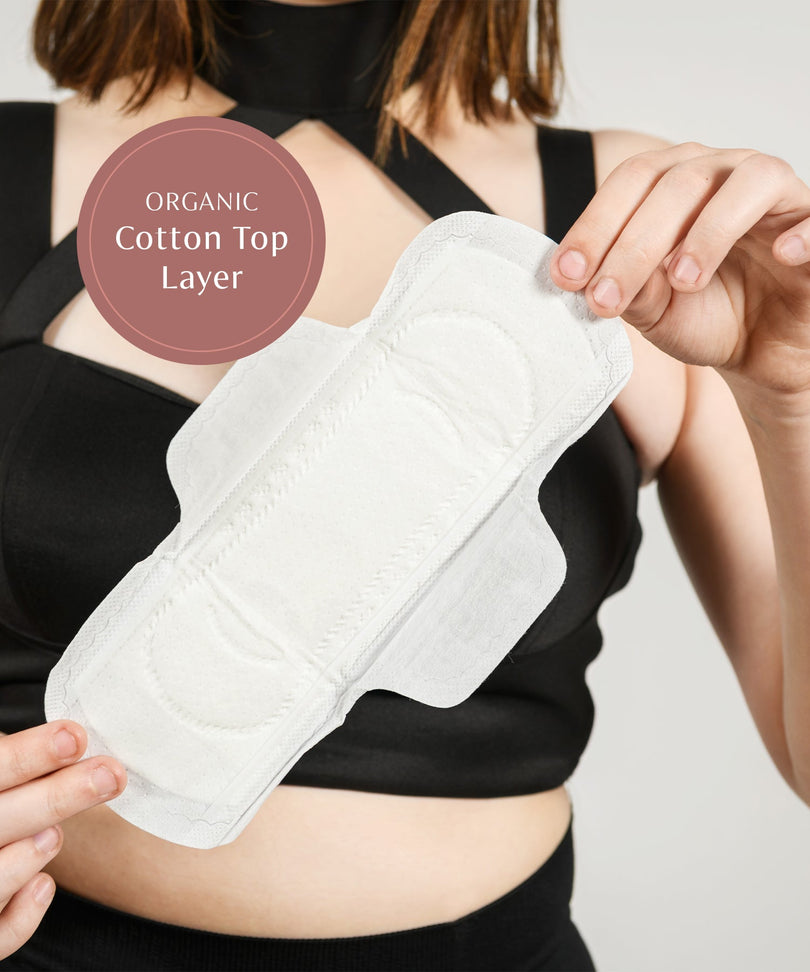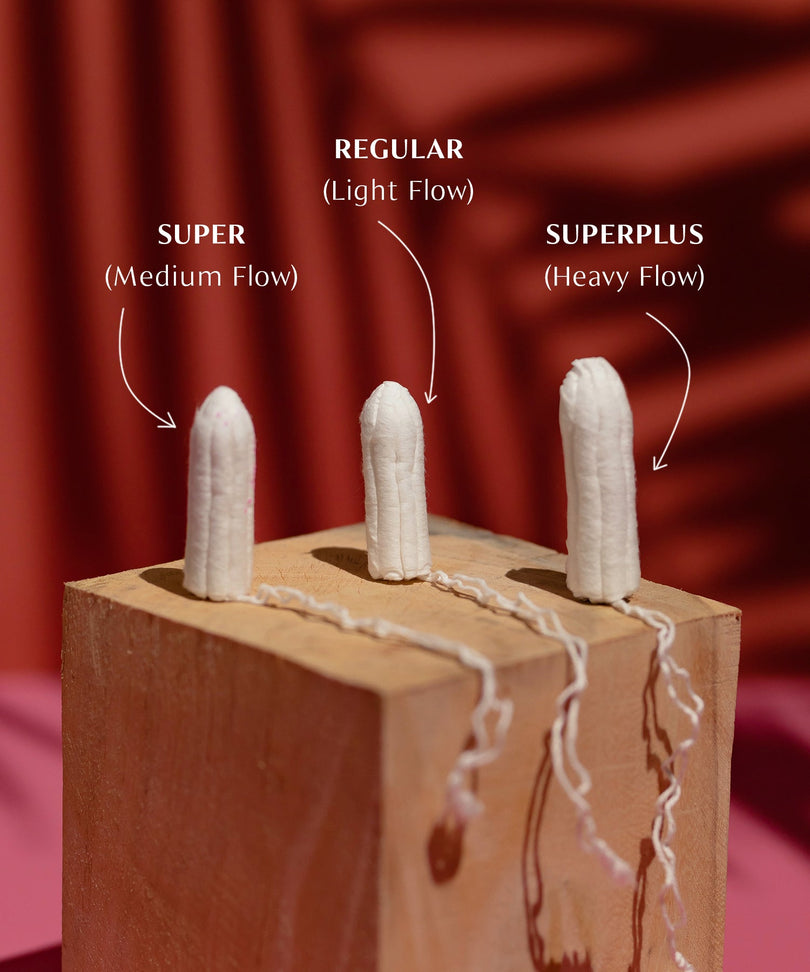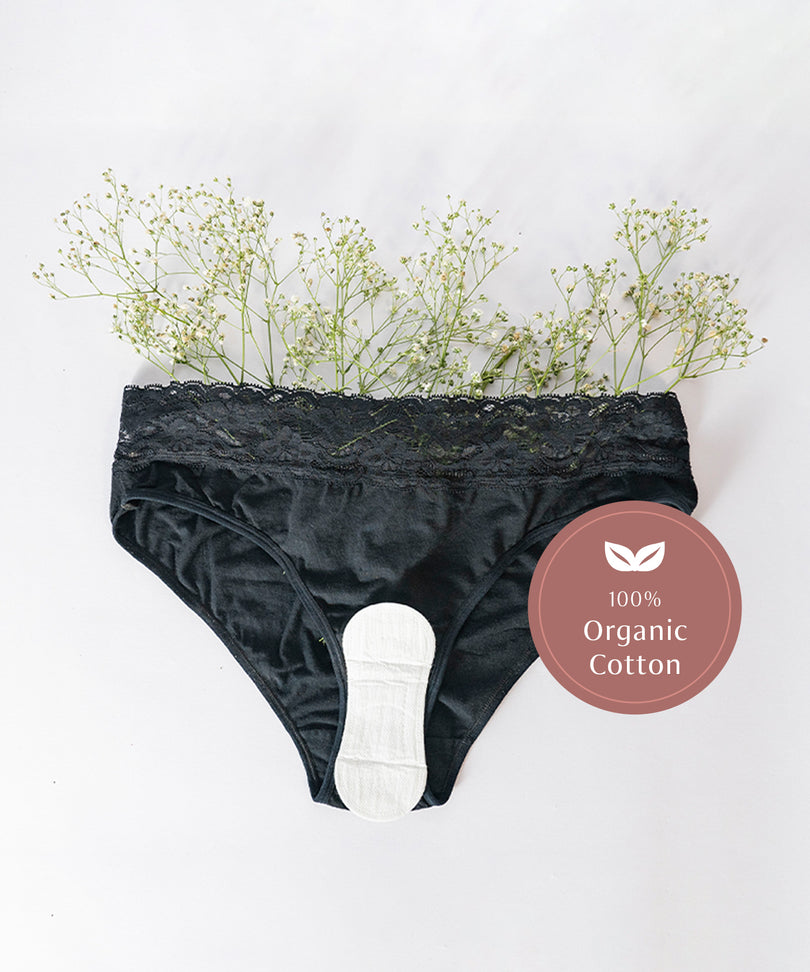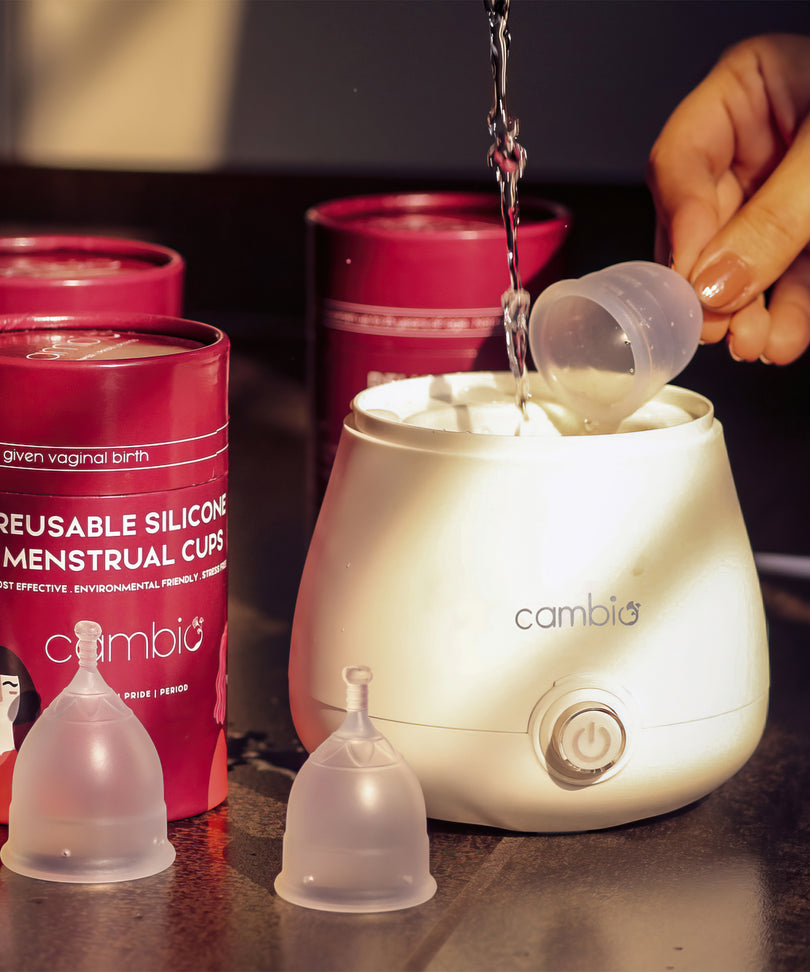Can sanitary pads cause diabetes?
No, there is no direct evidence linking the use of sanitary pads to the development of diabetes. However, some concerns have been raised regarding potential chemical exposure from certain components of pads, which may impact overall health. Chemicals like dioxins and synthetic fragrances found in some pads have been associated with various health risks, but conclusive evidence regarding diabetes specifically is lacking. Individuals must prioritize hygiene and consider using organic or natural alternatives to minimize potential risks associated with sanitary pad use.
Also read - Can sex affect your menstrual cycle?
Can sanitary pads cause infertility?
No, there is no scientific evidence to suggest that sanitary pads cause infertility. Infertility can be caused by various factors such as hormonal imbalances, reproductive system disorders, infections, and lifestyle factors, but the use of sanitary pads is not one of them. However, it's essential to choose sanitary products made from safe materials to avoid potential irritation or allergic reactions, which could indirectly affect reproductive health. Overall, proper hygiene practices and regular gynaecological check-ups are crucial for maintaining reproductive health.
Do sanitary pads cause cervical cancer?
No, there is no evidence to suggest that sanitary pads cause cervical cancer. Cervical cancer is primarily caused by persistent infection with certain types of human papillomavirus (HPV). Risk factors for cervical cancer include smoking, having multiple sexual partners, a weakened immune system, and not getting regular Pap tests. While proper hygiene practices are important, there is no direct link between the use of sanitary pads and the development of cervical cancer.
However, it's essential to consider the quality and chemicals present in sanitary pads, as they may affect reproductive health. Therefore, it's crucial to choose sanitary products carefully and opt for those made from safe materials. Regular cervical cancer screenings and following healthcare provider's recommendations for preventive care are also important measures for maintaining reproductive health.
Also read - Important things you must avoid during periods
Why are Plastic or Scented Pads Not Good for Me?
Plastic, chemical, and scented pads often contain a variety of synthetic materials and fragrances that can be harsh on the delicate skin of the vaginal area. These materials can cause irritation, itching, and discomfort, leading to potential skin issues and infections. Additionally, the chemicals used in these pads may disrupt the natural pH balance of the vagina, making it more susceptible to bacterial or yeast infections.
Moreover, many conventional pads are made with plastics like polyethene and polypropylene, which are not biodegradable and can contribute to environmental pollution. When these pads are disposed of, they can take hundreds of years to decompose, adding to the already staggering amount of plastic waste in our landfills and oceans.
Furthermore, scented pads may contain artificial fragrances that can cause allergic reactions and worsen existing sensitivities. These fragrances are often used to mask odours, but they can worsen odour issues by disrupting the natural balance of bacteria in the vagina.
In contrast, opting for natural and organic pads made from cotton or other breathable materials can help minimize these risks. These pads are free from harsh chemicals, plastics, and synthetic fragrances, making them gentler on the skin and less likely to cause irritation or allergic reactions. Additionally, natural pads are often biodegradable, reducing their environmental impact and promoting sustainability.
Also read - Can yeast infection delay your period?
What are Some Tips and Precautionary Measures that I can take for My Reproductive Health?
- Choose organic cotton pads or tampons: Opt for sanitary products made from organic cotton to minimize exposure to chemicals and synthetic materials that may irritate sensitive skin.
- Consider reusable menstrual cups: Menstrual cups are a sustainable and eco-friendly alternative to disposable pads and tampons. They are made from medical-grade silicone or rubber and can be reused for several years with proper care.
- Practice good hygiene: Maintain regular hygiene habits, such as washing the genital area with mild soap and water daily, to prevent infections and promote overall vaginal health.
- Avoid douching: Douching disrupts the natural pH balance of the vagina and can increase the risk of infections. Instead, stick to gentle cleansing methods and avoid using scented sanitary pads in the genital area.
- Stay hydrated: Drink plenty of water to keep the body hydrated and maintain optimal reproductive health. Adequate hydration helps flush out toxins from the body and supports overall wellness.
- Eat a balanced diet: Consume a diet rich in fruits, vegetables, whole grains, and lean proteins to provide essential nutrients for reproductive health. Include foods high in antioxidants, omega-3 fatty acids, and vitamins to support hormonal balance and fertility.
- Practice safe sex: Use condoms or other barrier methods to protect against sexually transmitted infections (STIs) and unwanted pregnancies. Discuss contraception options with your healthcare provider to find the best method for your needs.
- Stay physically active: Engage in regular exercise to reduce cramps and to promote blood circulation, reduce stress, and support reproductive function. Aim for at least 30 minutes of moderate-intensity exercise most days of the week.
- Manage stress: Practice stress-reduction techniques such as yoga, meditation, deep breathing exercises, or mindfulness to support reproductive health. Chronic stress can disrupt hormone levels and menstrual cycles, affecting fertility and overall well-being.
- Schedule regular check-ups: Visit your healthcare provider for routine gynaecological exams and screenings to detect any potential reproductive health issues early. Stay proactive about your health and address any concerns promptly with your doctor.









